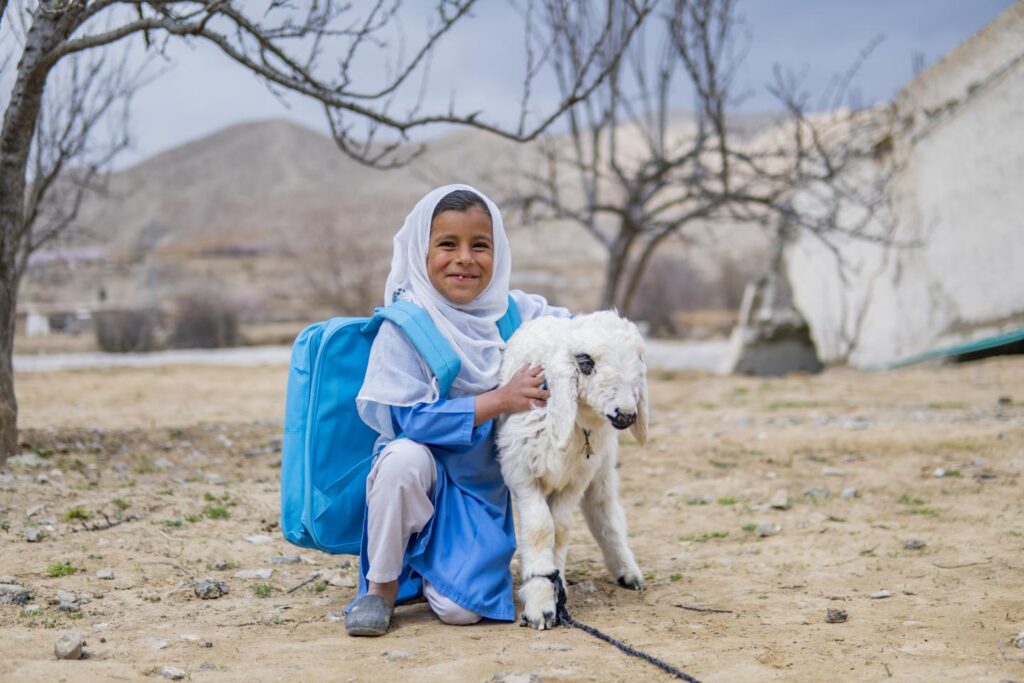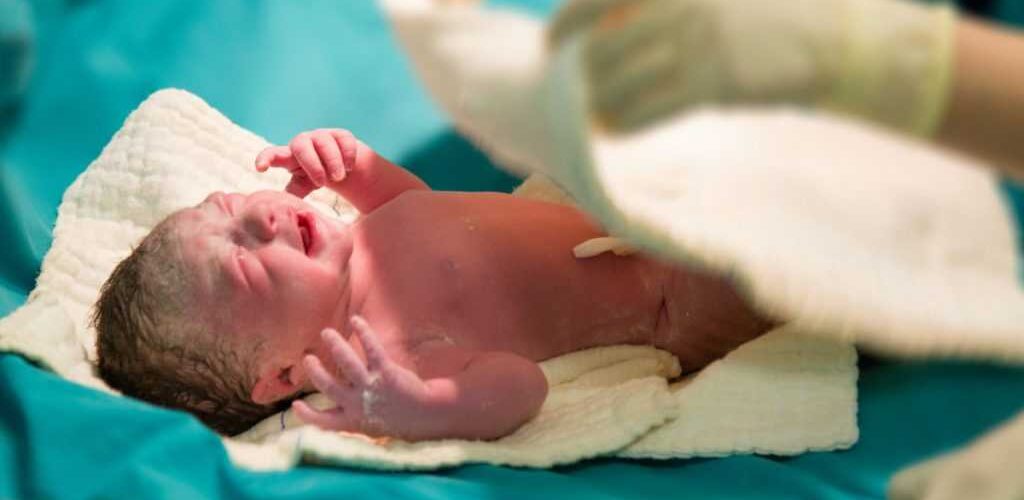Children are the foundation of a nation’s future, and their health and safety should be a top priority. Ensuring proper healthcare and protection for children is not just a moral responsibility but also a fundamental necessity for building a strong, progressive society. This blog explores the importance of child healthcare and protection, the challenges faced, and measures to enhance their well-being.
Importance of Child Healthcare
Good health in childhood lays the foundation for a prosperous future. Ensuring that children receive proper nutrition, vaccinations, and regular medical check-ups is crucial for their growth and development. Some key aspects of child healthcare include:
- Proper Nutrition – A balanced diet rich in essential nutrients ensures physical and mental development, preventing malnutrition and deficiencies.
- Immunization – Vaccinations protect children from deadly diseases such as measles, polio, and hepatitis.
- Regular Health Check-ups – Routine medical examinations help detect and address potential health concerns at an early stage.
- Mental Health Support – Children also need emotional well-being, which includes fostering a safe and supportive environment to reduce stress and anxiety.

Challenges in Child Healthcare
Despite progress in medical advancements, several challenges hinder child healthcare globally:
- Lack of Access to Healthcare Services – Many children, especially in rural areas, lack proper healthcare facilities.
- Malnutrition and Hunger – Poor economic conditions result in inadequate food, leading to malnutrition and stunted growth.
- Child Mortality Rates – Preventable diseases, lack of immunization, and poor sanitation contribute to high infant mortality rates.
- Mental Health Neglect – Psychological issues among children often go unnoticed, affecting their development and future prospects.
Ensuring Child Protection
Protection of children from harm, exploitation, and abuse is equally critical. Some key measures to ensure child protection include:
- Stronger Laws and Policies – Governments must enforce strict laws against child abuse, trafficking, and exploitation.
- Education and Awareness – Teaching children about their rights and ensuring they have access to education reduces vulnerability.
- Safe Environments – Schools, communities, and homes should be safe spaces where children feel protected and cared for.
- Parental Guidance – Parents and caregivers should be educated on child safety, proper nutrition, and emotional well-being.
The Role of Society in Child Welfare
Ensuring child healthcare and protection is a collective responsibility. Governments, NGOs, healthcare professionals, educators, and communities must work together to create a safe and healthy environment for children. Raising awareness, improving healthcare facilities, and promoting child rights are essential steps in securing a better future for the younger generation.
